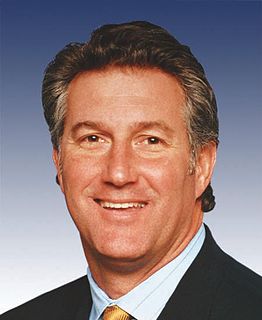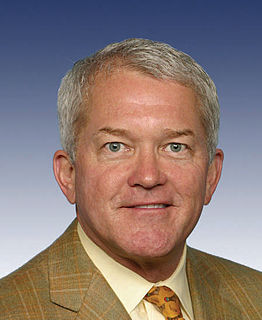A Quote by Paul Gillmor
Following the devastation of Hurricanes Katrina and Rita, $3 per gallon gasoline became common and our nation has come under considerable strain.
Quote Topics
Related Quotes
Say that Congress legislates gasoline price controls that sets a maximum price of $1 a gallon. As sure as night follows day, there'd be long lines and gasoline shortages, just as there were in the 1970s. For the average consumer, a $1.60 a gallon selling price and no waiting lines is a darn sight cheaper than a controlled $1 a gallon price plus searching for a gasoline station that has gas and then waiting in line. If your average purchase is 10 gallons, and if an hour or so of your time is worth more that $6, the $1.60 a gallon free market price is cheaper.
We're hopeful it won't climb much more than that (10 percent). The reality is we're all looking at the price per gallon of gasoline and heating oil, and even cord wood, and we're seeing prices that are volatile and I don't think anybody can accurately predict what we'll be paying for these commodities in two weeks, let alone two months.






























